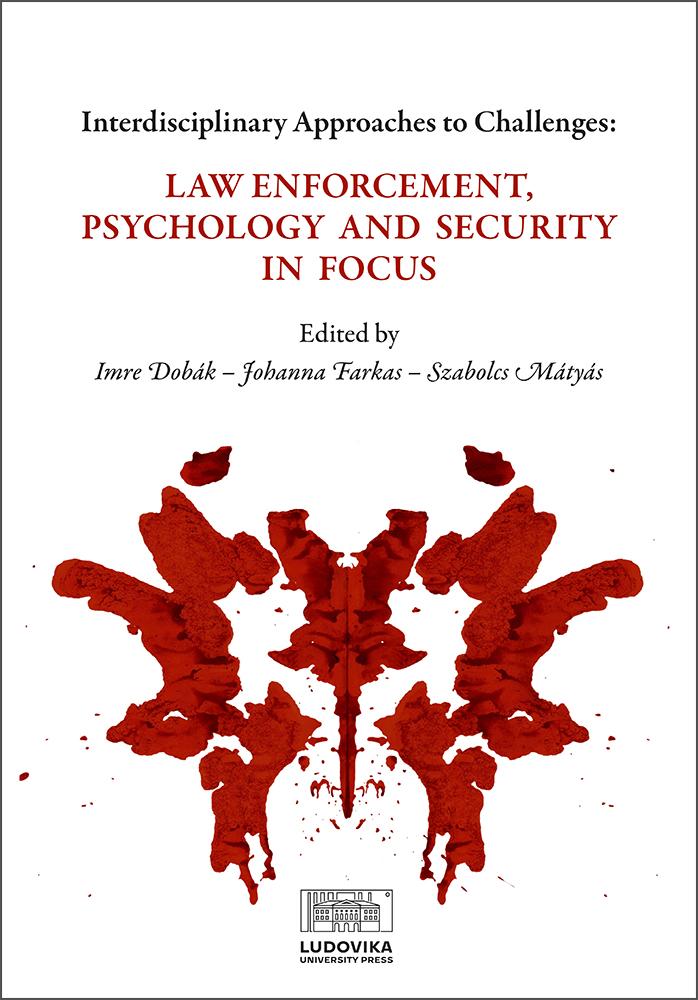The Measurement of Metacognitive Processes in Psychology Research – A Review
Absztrakt
21st century skills, like self-regulation, metacognition, communication, collaboration, digital and critical thinking skills become increasingly relevant in every life domain. Metacognitive processes contribute to the adequate planning and execution of activities, time-management, adaptive emotion regulation. In this review several online and offline measurement methods are demonstrated, highlighting the advantages, strengths and disadvantages, weaknesses of the most often used instruments for the assessment of metacognition, namely of the self-reported questionnaires. One of the most frequently applied offline self-reported instruments for the study of metacognition is the Metacognitive Awareness Inventory developed by Schraw and Dennison in 1994. The inventory measures five metacognitive regulation skill: planning, information management strategies, comprehension monitoring, debugging strategies, evaluation and three types of metacognitive knowledge: declarative, procedural and conditional knowledge. However, the results regarding the factorial structure, subcomponents and item structure of the inventory are very contradictory. Some possible explanations of these contradictory results are also discussed.
Letöltések
Oldalak
Megjelenés
Kategóriák
License

This work is licensed under a Creative Commons Attribution-NonCommercial-NoDerivatives 4.0 International License.


.svg)
